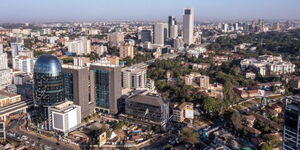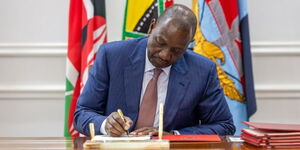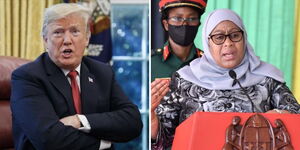President William Ruto's administration has resorted to selling a percentage of government-owned stakes in state corporations in a move projected to raise over Ksh110 billion.
The plan, according to the government, will be part of the short-term measures taken to alleviate the economic crisis occasioned by public debt among other factors.
Besides raising revenue, the planned privatisation will also help to end government spending on struggling state corporations through occasional bailouts and debts.
President Ruto had in September 2022 disclosed his plans to turn to revenue raised through privatisation and the sale of its shares to fund development projects, as opposed to the perennial dependence on borrowing.
In a bid to streamline the process of privatisation, the government proposed amendments that would give the National Treasury more power in deciding the fate of state corporations and influencing the process.
The proposals, once ratified, will scrap the requirement to have any privatisation move approved by the National Assembly and reconstitute the privatisation board.
Instead, the proposal contained in the Privatization Bill will establish a six-member authority comprising a chairman appointed by the President, the Principal Secretary to the National Treasury, the Principal Secretary of the Ministry involved, the Managing Director of the authority being privatised and four other persons appointed by the Cabinet Secretary.
The bill was, according to the government, drafted to help in eliminating the bureaucracies that posed obstacles to the government's efforts of privatising state corporations and thereby hindering its plans to raise revenue.
In December 2022, President Ruto made a vow to let go of its shares in struggling entities that had been dependent on government bailouts.
The Head of State noted that plans were underway to have the national airline privatised in the course of 2023 in a move that would see the government sell its entire shares in the company.
According to Ruto, the government through the Ministry of Trade and Investments would work on a process to identify corporations that were considered to be of lesser value under the ownership of the government.
Subsequently, the government would open a window for the public to own a stake in these companies through the Nairobi Security Exchange.
“I have created the Ministry of Trade so we can look much closer to our financial markets working with our State Owned Enterprises (SOEs) and assess the ones we can bring for the public to be owners," Ruto stated in a past meeting.












